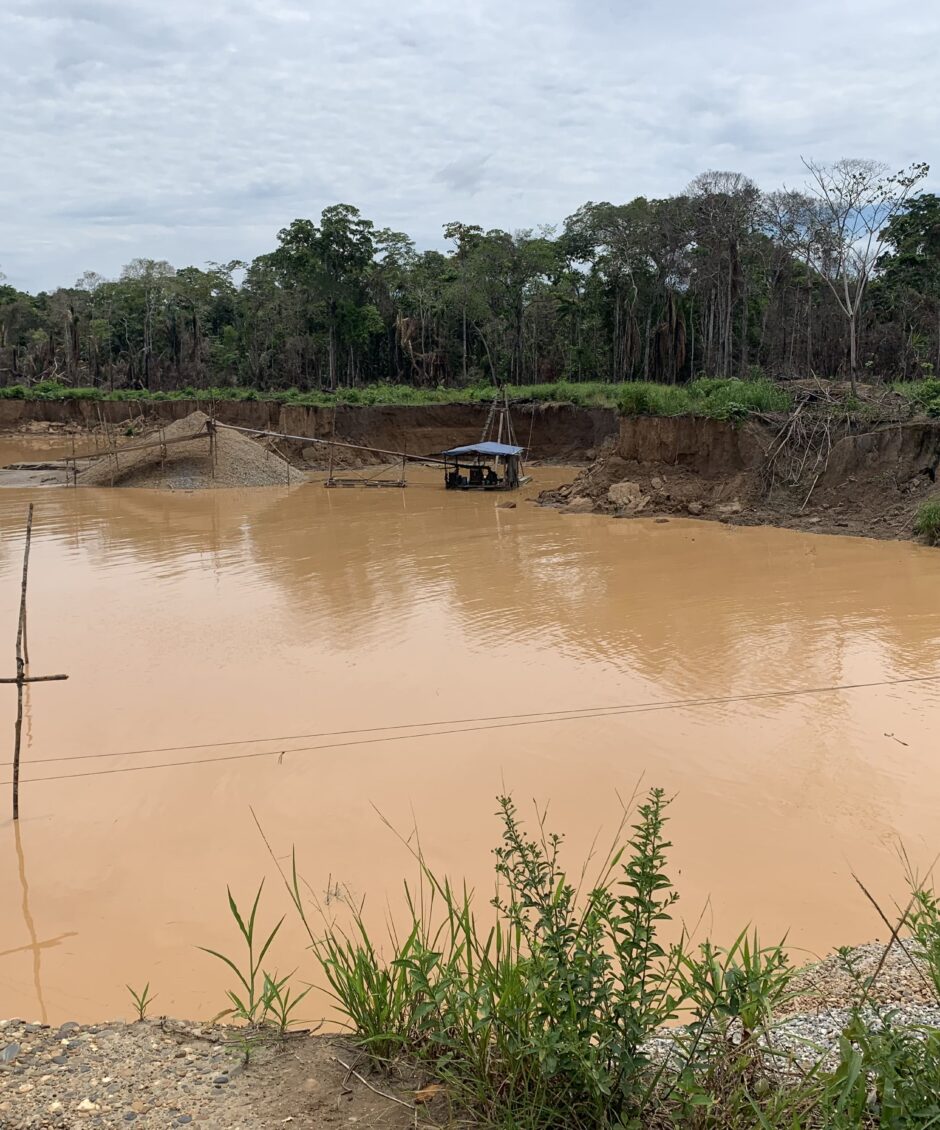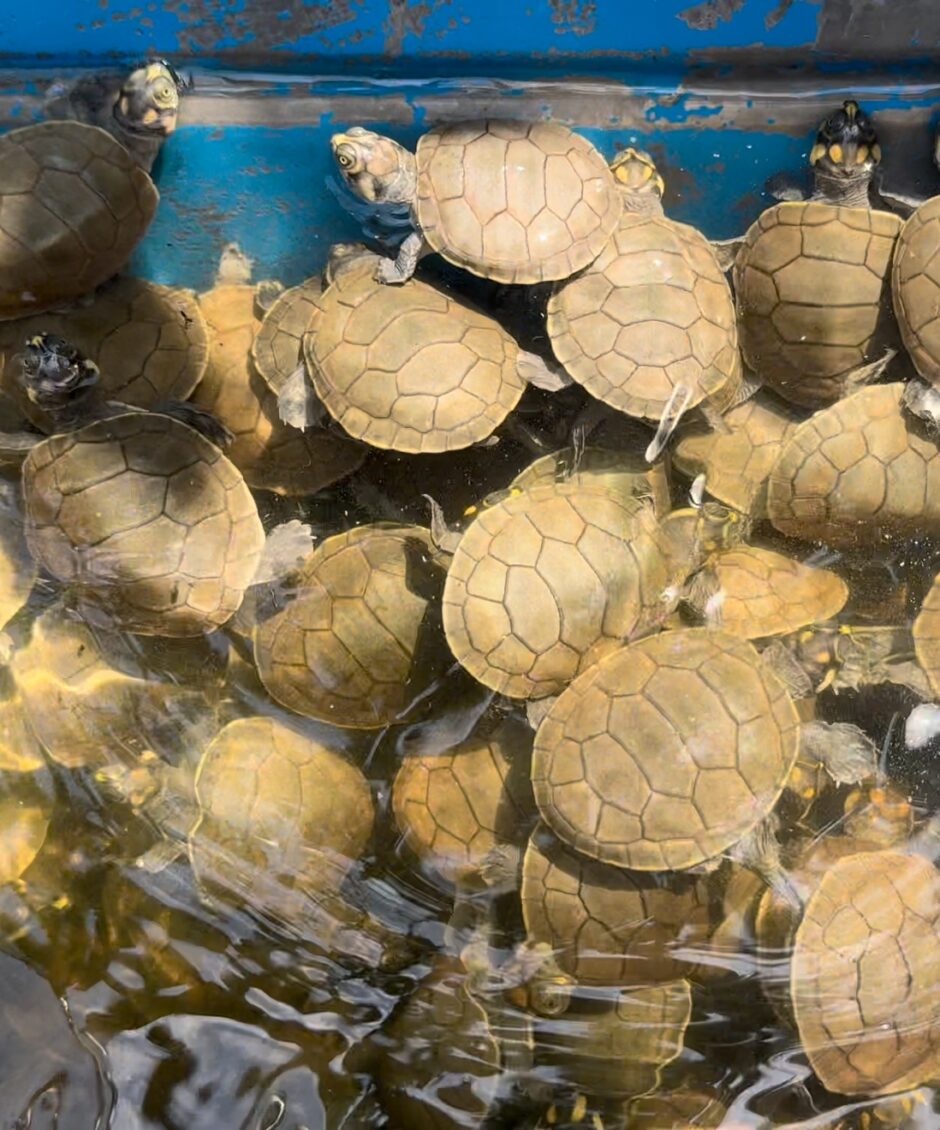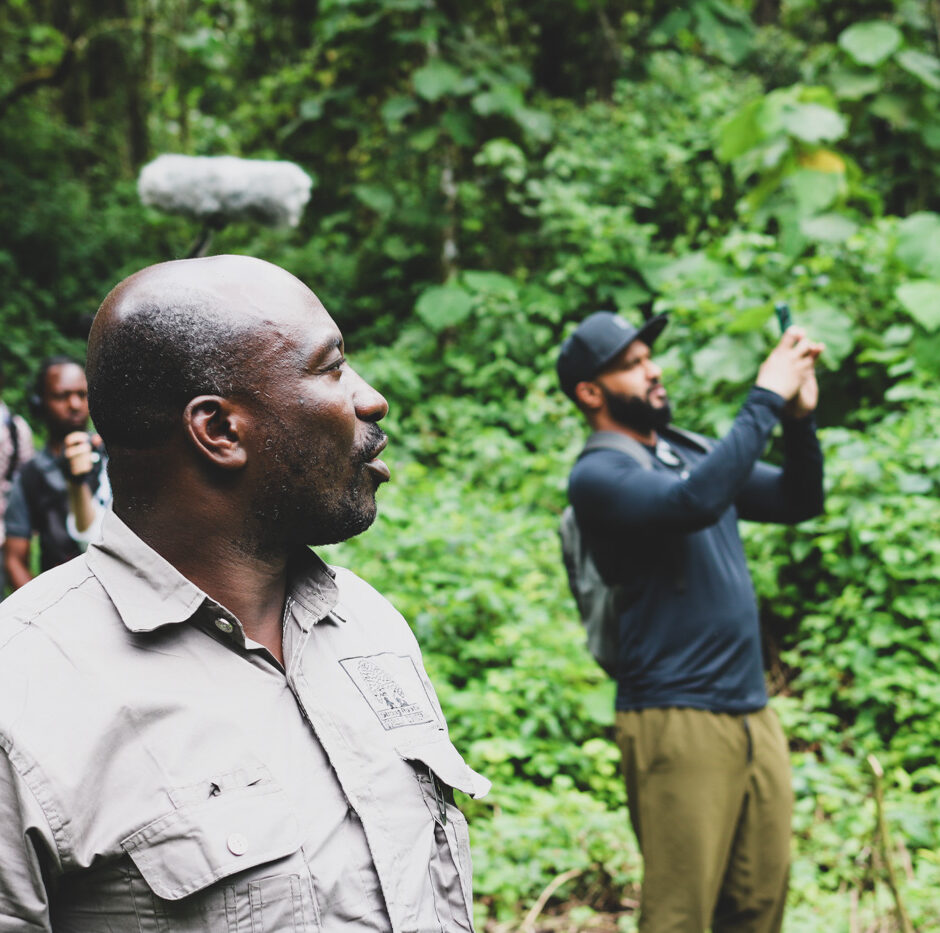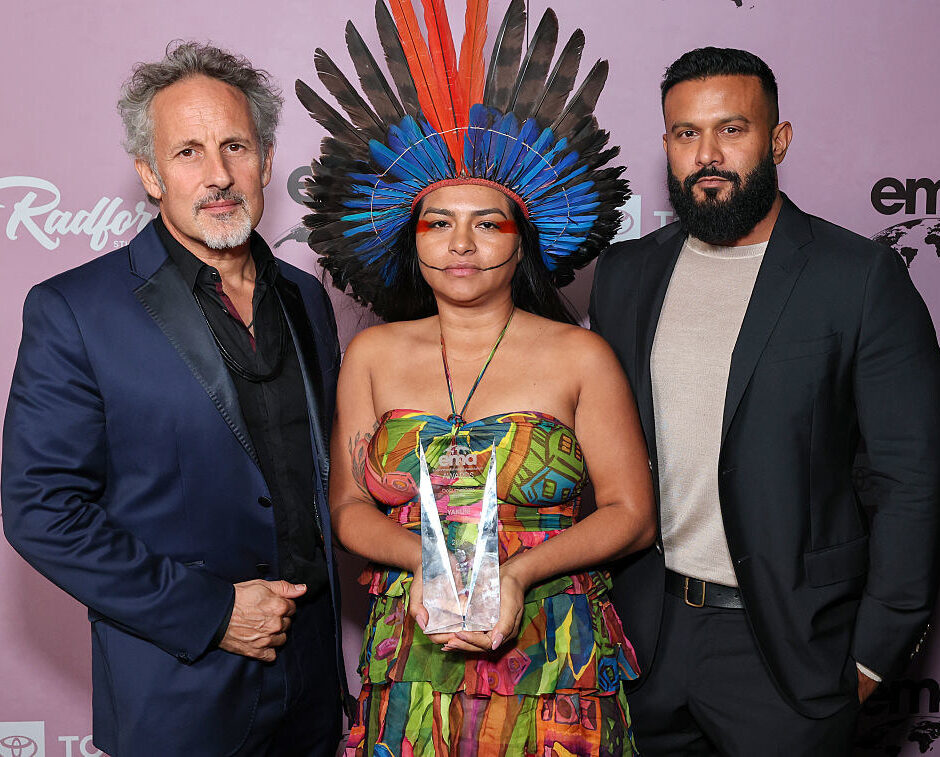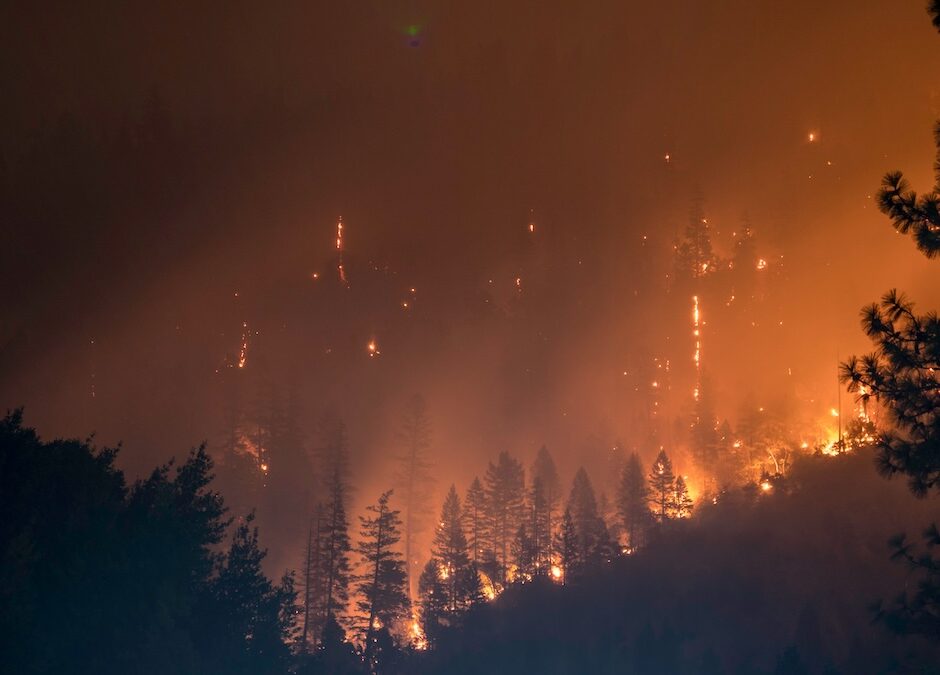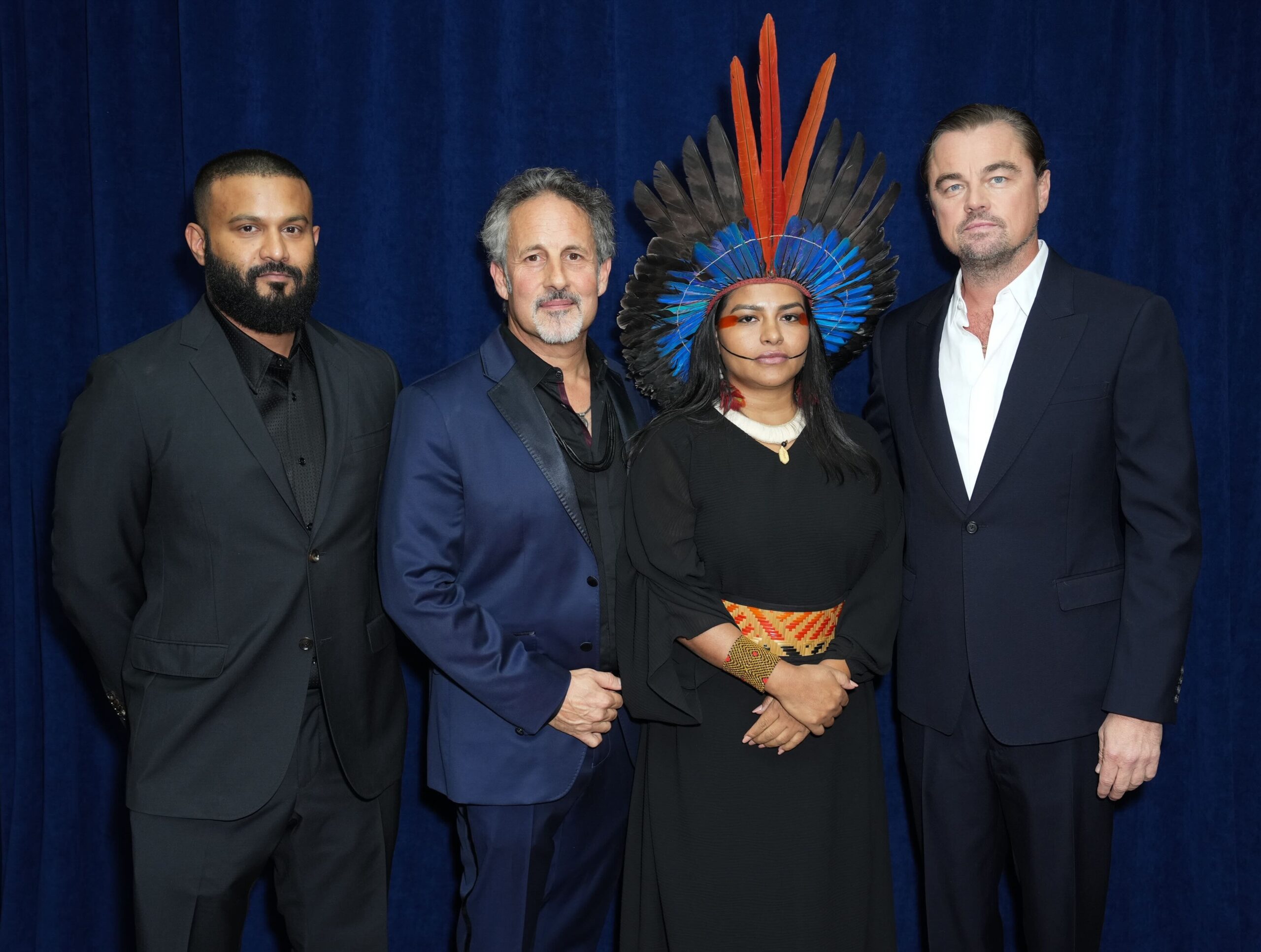The Crucial Role of Women in Protecting the Congo’s Forests
Article
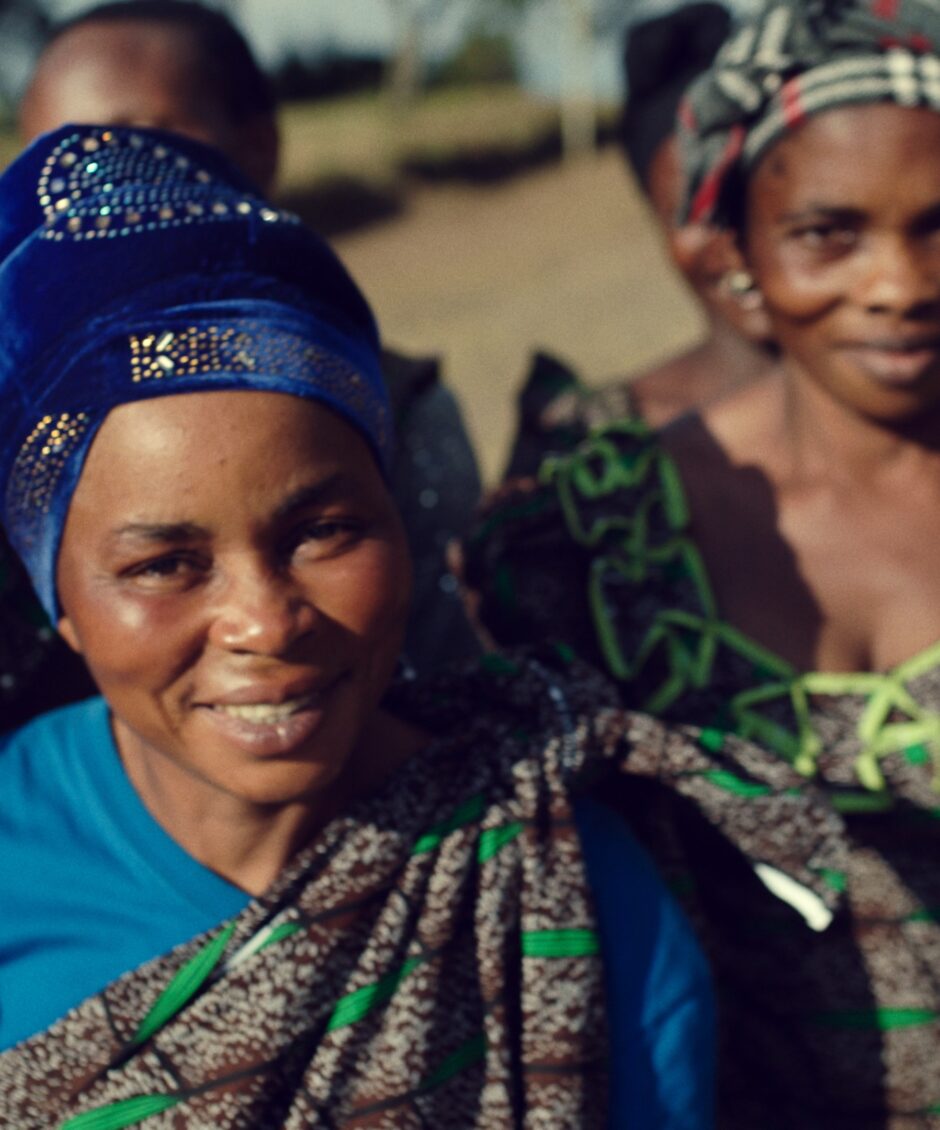
In the Congo, women are crucial in protecting the country’s forests but are also the most at risk. Age of Union’s latest documentary, The Corridor, explores their role alongside communities to protect the habitat of the critically endangered eastern lowland gorilla and conserve the Congo Basin Rainforest for generations to come.
Author
Jacky Habib
Topics
Dominique Bikaba has long been surrounded by strong women. As a child growing up in the eastern Democratic Republic of Congo (DRC), his grandmother would take him into a nearby forest to show him how the Batwa people, the country’s first inhabitants, used forestry resources for spirituality and survival.
The forest, a part of the Congo Basin — the planet’s second-largest tropical rainforest after the Amazon — has played an influential role in Bikaba’s life.
Over the last two decades, Bikaba has worked at the intersection of conservation and sustainable development in the DRC, balancing the need to protect the environment with the rights of local tribes to access their ancestral lands, which are now protected spaces.

“It’s because of the memory of my grandmother, my hero, that I’m working hard because she trained me to do so,” Bikaba said in an interview with Age of Union.
Together with Forest Health Alliance, founded by Kerry Bowman, the duo has supported several tribes — who were previously expelled from their land — in acquiring land permits so they can freely live and move within what is now known as Kahuzi-Biega National Park. Both organizations, with the support of Age of Union, have built a wildlife corridor that works to protect the forest and create habitat connectivity for endangered species while acting as a climate shield. This effort is at the core of Age of Union’s latest documentary, The Corridor, released on YouTube on Oct. 26.
“What has been accomplished … is a fruit of the trees she [my grandmother] watered when she was living,” Bikaba said.
He is currently writing a book on women in the DRC, including his grandmother, who have played crucial roles in conservation.
“These are women who worked hard, in very, very difficult conditions to ensure that they delivered conservation outcomes, and that inspired me so very much as I was embarking on this long journey of conservation in DRC,” he said.
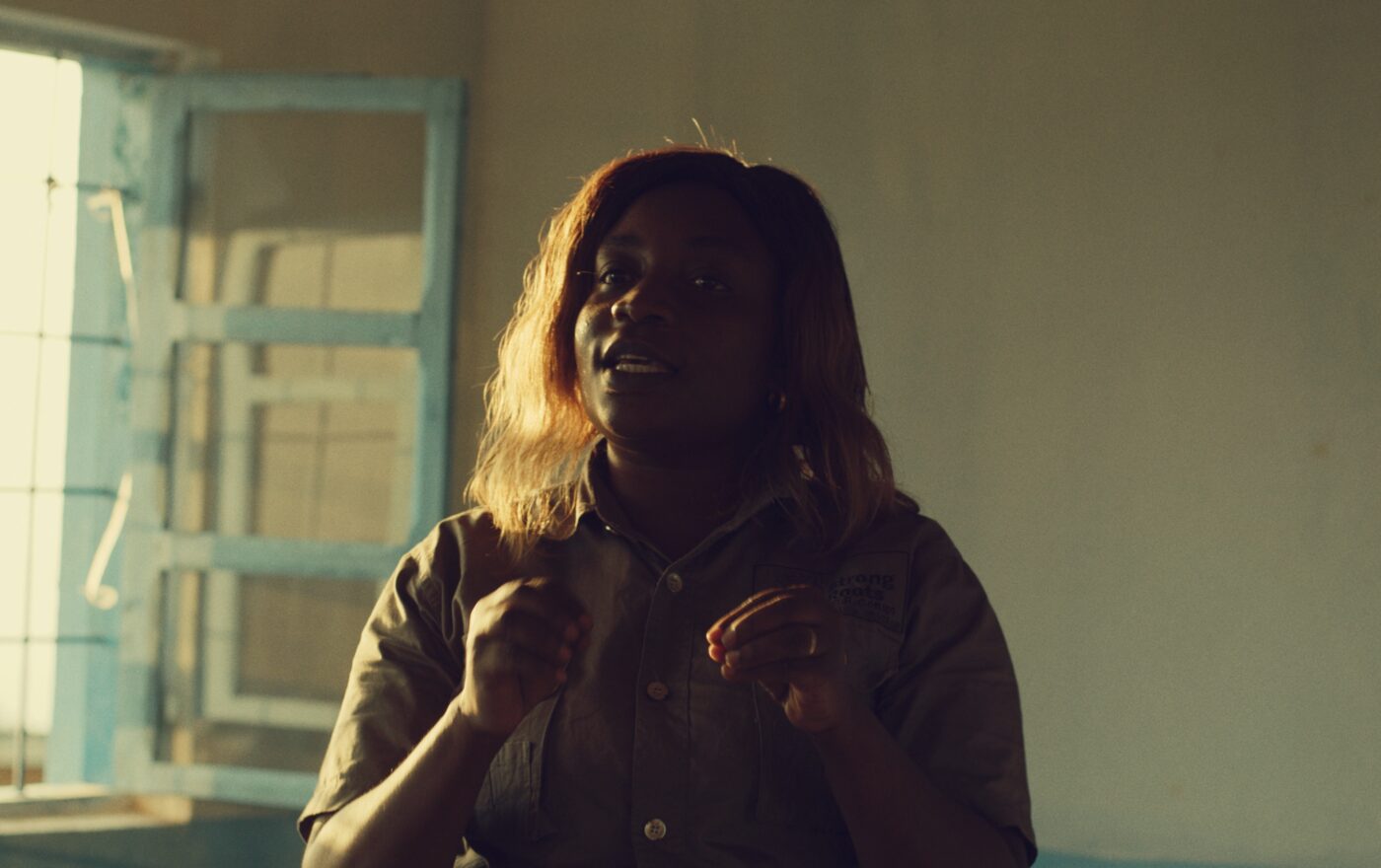
In the Congo, women typically take on domestic labour responsibilities, which often entail relying on natural resources in the forest, such as water, firewood, and fuel. Through this role, Congolese women have developed a strong relationship with the forest, which has led to many of them being at the forefront of conservation.
“Women absolutely have been some of the greatest advocates for the protection of the corridor or in the expansion of the corridor, without question,” Bowman said.
However, women are also the most at risk as they navigate through forest areas where militia may be present.
“When there’s been major deforestation, when things aren’t stable, women become extremely vulnerable. What happens is women are then in a position where they need to procure firewood or food and water for the daily life of their families, and it puts them in a position where they’re wandering into dangerous territories,” Bowman said.
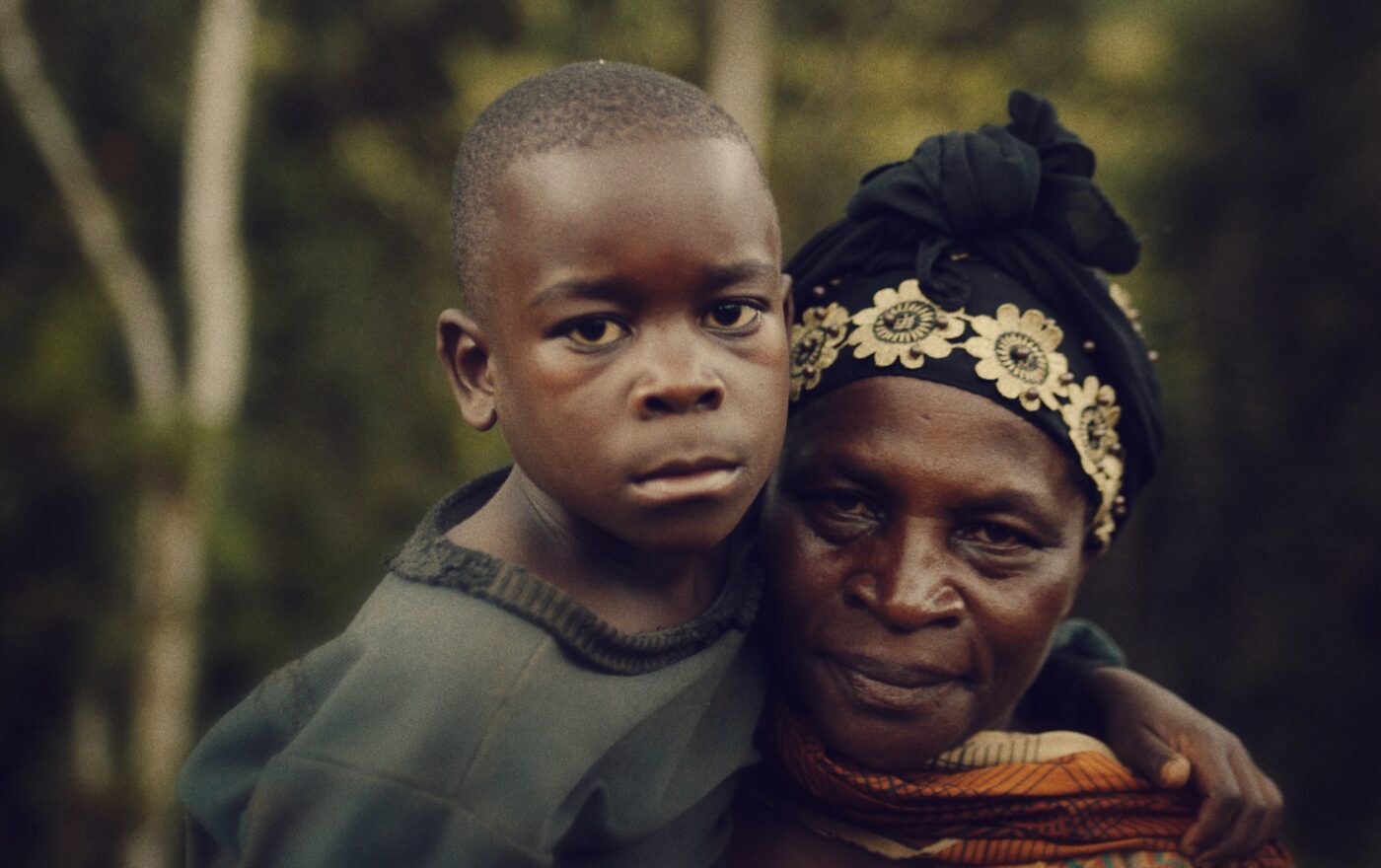
In 2011, the Congo was called “the worst place in the world to be a woman” following a report indicating the prevalence of rape and sexual violence used strategically by militia as a weapon of war. The study found that 1,152 women were raped every day in the country. Sexual violence continues to be a challenge faced by women in the DRC.
While Forest Health Alliance and Strong Roots Africa have been supporting local tribes in reclaiming their ancestral land, which involves these groups relocating, Bowman said women may face risks if they are to move from their villages and into unknown areas of the forest corridor. To date, this has not been an issue either organization has faced in their work with communities living nearby and within the forest.
According to Bowman, with the understanding that “women are foundational to everything that occurs within African society and villages,” both organizations have structured their agricultural initiatives, such as agroforestry and reforestation, to create “a safer environment for women.”
As women play a central role at every level, from leading an initiative that grows saplings in the forest to formal leadership positions at Strong Roots Congo, women, supported by allies, are reclaiming their ability to safely navigate and thrive in the forest.
“Women are really the carriers of the culture in many, many ways, and the culture is really what we’re trying to allow to resurface in a post-colonial era,” Bowman said.
Credits
Marc Lamy & Ray Klonsky
Topics
Article written by
Jacky Habib
Related
articles
Explainer, South America
In the Amazon, Gold Mining Leaves a Toxic Trail
Africa, Film
Filming for Impact: How Age of Union’s Documentary The Corridor Inspires Change
Project
More articles
News
Age of Union Marks 4 Years of Global Conservation Wins As COP30 Commences in Brazil
News, Other
‘Echoes from Eden’ Book Tour Connects Readers to Urgent Stories of Conservation
Explainer, South America
In the Amazon, Gold Mining Leaves a Toxic Trail
America, Asia, News
What More Intense Wildfire Seasons Mean For People and the Planet
Film
